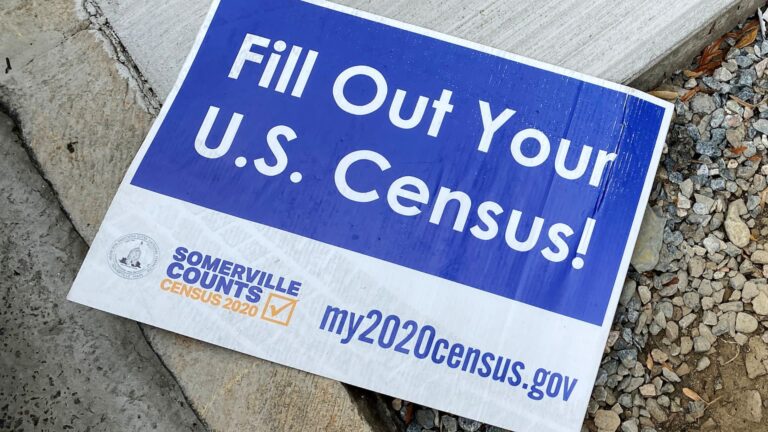Some Census Bureau Data Now Appears to be Unavailable to the Public
The U.S. Census Bureau serves as a vital resource for comprehensive demographic data that shapes policies, business planning, and community initiatives. However, recent reports have emerged indicating that some of this essential data has become unavailable to the public. This gap in accessible information raises concerns about transparency, research continuity, and informed decision-making at various levels of society.

Understanding the Importance of Census Data
Census data is pivotal for understanding demographic changes, economic conditions, and social dynamics. It includes vital statistics on age, race, household composition, income levels, and housing characteristics. According to the 2020 Census, the total U.S. population reached approximately 331 million, illustrating the incredible diversity that underscores the need for granular data tailored to various sectors.
Statistically, over the past decade, the nation’s population growth has slowed to its lowest rate since the Great Depression. Such critical trends, when mapped through Census data, can inform strategies for resource allocation, urban planning, and community services. The accessibility of reliable data directly affects businesses, governmental agencies, and non-profits in their efforts to serve local populations.
Recent Changes in Data Availability
However, as the 2020 Census data continues to be rolled out, stakeholders have started to notice gaps in data accessibility. The Census Bureau has indicated that certain datasets, such as granular demographic statistics and specific economic indicators, have not been made publicly available. For instance, while key figures are presented at a national level, detailed insights at state or county levels may be withheld under new data dissemination policies.

This shift comes at a time when data transparency is vital more than ever. Organizations that depend on accurate data to form evidence-based policies are facing challenges without the nuanced local insights. Experts assert that withholding data can skew perceptions of community needs and impact the effectiveness of public programs.
Implications of Limited Access to Census Data
The implications of restricted access are profound. For instance, research conducted by the Brookings Institution highlighted that a lack of quality data can lead to inadequate targeting of resources, ultimately resulting in ineffective allocation of federal funding. As many communities grapple with the aftermath of the pandemic, public health initiatives, social support programs, and educational resources all hinge on updated data availability.
A Call for Transparency
The call for transparency has become a rallying cry from various sectors. Advocacy groups argue that communities should not only have access to Census data but also have the means to interpret and utilize it effectively. The accessibility of data can empower community organizations to better advocate for resources, create awareness around socio-economic disparities, and actively engage local residents.

Moving Forward: What Can Be Done?
While the current situation poses challenges, it also offers an opportunity for policy dialogues around data access and collection methodologies. Stakeholders, including legislators, data scientists, and community leaders, can collaborate to develop frameworks that ensure essential Census data is readily available and easily interpretable.
By actively engaging with community members and gathering diverse perspectives, it is possible to create a more inclusive approach to data utilization. Local organizations and researchers can work alongside the Census Bureau to identify critical data gaps, propose solutions, and foster a culture of cooperation.
Conclusion
The unavailability of certain Census Bureau data to the public is concerning and underscores the importance of accessible information in understanding and addressing community needs. As debates continue regarding data transparency and availability, it is crucial to advocate for open access policies that empower communities to leverage demographic insights effectively. Ultimately, reestablishing and maintaining public access to essential Census data will benefit not only researchers and policymakers but also the individuals and communities they aim to serve.
The future of informed decision-making relies heavily on the transparency of data—and we must act now to ensure that all stakeholders have a voice in this vital resource.



